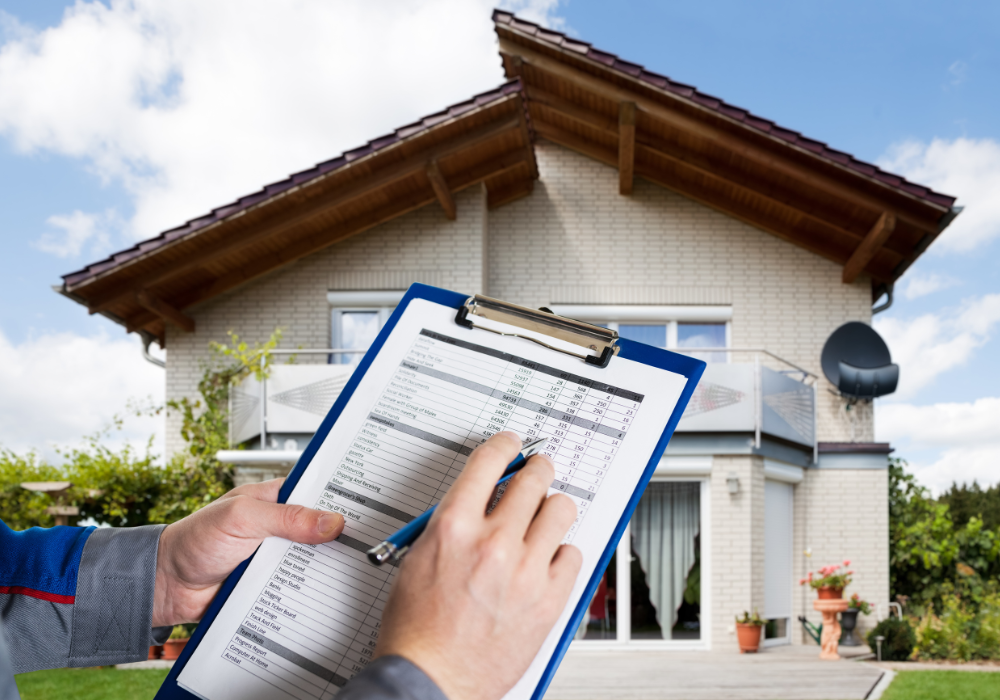Whether you’re selling your home or preparing for a routine inspection, ensuring that your property is in top condition can make all the difference in the outcome. A successful inspection not only instills confidence in potential buyers but also helps identify any underlying issues that may need attention. At A.L. Home Inspections, we understand the importance of proper preparation, which is why we’re here to share our expert tips and strategies for getting your home inspection-ready.
Start with a Clean Slate:
The first step in preparing your home for inspection is to declutter and clean every room thoroughly. Remove personal belongings, excess furniture, and any items blocking access to key areas such as attics, basements, and crawl spaces. A clean and clutter-free home not only creates a positive impression but also allows the inspector to assess the property more effectively.
Address Minor Repairs:

Take the time to fix any minor issues or deferred maintenance tasks around the home. Replace broken light bulbs, repair leaky faucets, and touch up paint where needed. Addressing these minor repairs not only improves the overall appearance of the home but also demonstrates your commitment to maintaining the property.
Check for Safety Hazards:
Inspect your home for potential safety hazards, such as loose handrails, trip hazards, and exposed wiring. Ensure that smoke detectors and carbon monoxide detectors are in working order and replace batteries as needed. Address any safety concerns promptly to ensure a safe environment for both the inspector and potential buyers.
Service Mechanical Systems:
Schedule maintenance for your HVAC system, water heater, and other mechanical systems to ensure they’re in good working condition. Clean or replace air filters, flush water heaters, and have systems serviced by qualified professionals. Providing documentation of recent service and maintenance can give buyers confidence in the reliability of these essential systems.
Clear Access Points:
Ensure that all access points to mechanical systems, such as furnaces, water heaters, and electrical panels, are easily accessible. Remove any obstacles or stored items blocking access and ensure that these areas are well-lit for the inspector’s convenience. Clear access allows the inspector to evaluate these systems thoroughly and identify any potential issues.
Organize Important Documents:

Gather important documents related to your home, such as warranties, permits, and renovation records. Provide copies of these documents to the inspector for reference and review. Having organized documentation readily available demonstrates transparency and can help expedite the inspection process.
Test Key Systems and Appliances:
Test key systems and appliances in your home to ensure they’re in good working order. Check for proper operation of HVAC systems, plumbing fixtures, electrical outlets, and kitchen appliances. Address any issues that arise during testing to avoid surprises during the inspection.
Consider Professional Pre-Inspection:
Consider hiring a professional home inspector to conduct a pre-inspection before listing your home on the market. A pre-inspection can help identify potential issues early on, giving you the opportunity to address them before they become potential deal-breakers. It also allows you to present buyers with a clean bill of health for your home, boosting confidence and potentially leading to smoother negotiations.

